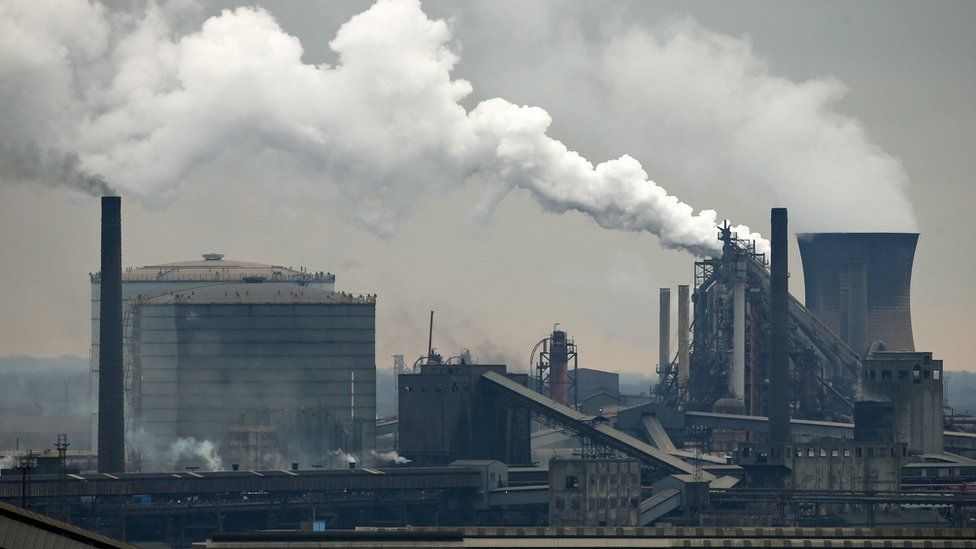New UK plan to reach net zero goal faces criticism
Source: https://www.bbc.com/news/science-environment-65107072
Author: Esme Stallard
The government has unveiled a new net zero plan which has been met with intense criticism from experts and environmental groups. The document was drawn up after the High Court ruled the government's existing plans were not sufficient to meet its climate targets. A central plank of the strategy is to store CO2 under the North Sea. But scientists say even this plan will not move the UK closer towards meeting its legally-binding carbon commitments. Ministers say it also aims to lower people's energy bills, although this will not be achieved in the short term. The government was forced to publish this "Powering up Britain" strategy after the High Court judged last July that its current plan was not detailed enough to show how the UK would meet its goal to reduce its greenhouse gas emissions to net zero by 2050. Academics and green groups are unconvinced it will make enough difference. Dr Chris Jones, an expert in climate change at the University of Manchester, said: "This latest government energy strategy is a weak response to the UK's zero carbon energy needs. "The regressive measures on fossil fuels won't make any real impact on our bills and energy security, but they are enough to downgrade the UK's role as a leader in tackling climate change." Prime Minister Rishi Sunak said people should be "really proud of the UK's track record" on decarbonisation amid criticism of his government's net zero plan. Speaking to broadcasters on a visit to the UK Atomic Energy Authority in Oxfordshire, Mr Sunak said the UK had "decarbonised faster than any other major economy, our carbon emissions have been reduced by over 40%". One of the key parts of the new strategy is announcing the UK's first carbon capture sites in Teesside. These sites take carbon dioxide (CO2) produced during the burning of fossil fuels like gas, and store them in deep caverns under the North Sea.
It is hoped this could remove up to 50% of the emissions from the country's industry.

